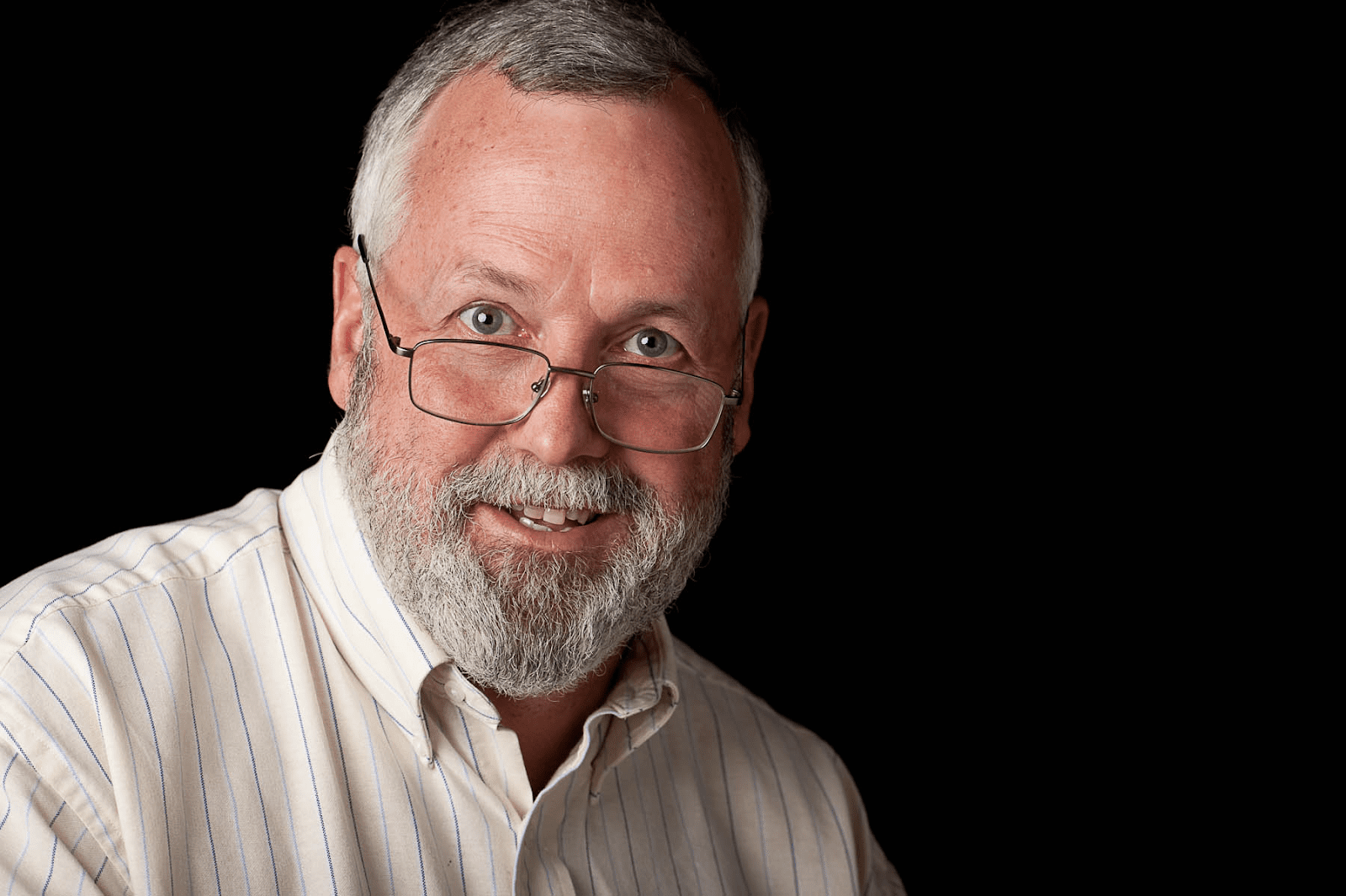Growing up the son of Baptist missionaries in Pakistan, and later the pastor of the International Church in Pakistan for four years, one could say that Reverend Ed Brown came by his passion for the stewardship of the earth honestly and early. Like many faith leaders in the field of Creation Care, an environmental movement in the modern church focused on faithful stewardship of God’s creation, Rev. Brown finds his mandate in Scripture:
“My theological center of gravity – has been since I started – is Colossians 1:15-20
‘The Son is the image of the invisible God, the firstborn over all creation. For in him all things were created: things in heaven and on earth, visible and invisible, whether thrones or powers or rulers or authorities; all things have been created through him and for him. He is before all things, and in him all things hold together. And he is the head of the body, the church; he is the beginning and the firstborn from among the dead, so that in everything he might have the supremacy. For God was pleased to have all his fullness dwell in him, and through him to reconcile to himself all things, whether things on earth or things in heaven, by making peace through his blood, shed on the cross’.
The phrase ‘all things’ is repeated over and over again. Christ created ‘all things’, Christ pulls ‘all things’ together. God is reconciling ‘all things’ to himself by the blood of Jesus Christ said on the cross.”
Here is where Rev. Brown’s interpretation of that particular passage may diverge from the traditional evangelical believer. He says, “Now, you read that phrase and your typical evangelical or Christian hears ‘shed blood on the cross, reconcile’ oh, he’s talking about human salvation. But in fact, it is not. Because it doesn’t say ‘all people’, it says ‘all things’. And grammatically the ‘all things’ at the end has to be the same as the ‘all things’ at the beginning. Biblical mathematics of A equals B and B equals C then A must equal C. Christ created ‘all things’ and Christ holds ‘all things’ together. And God is reconciling those same’ all things’ to himself by the blood of Jesus. Then, what we’re reading there is that redemption in fact is not about people, redemption is about the entire cosmos.”
Speaking with the ease and instant recall of God’s word, Rev. Brown connects this passage to another from the Book of Romans (he calls these two passages the “two pillars”). He continues: “Paul says the entire creation is ‘groaning with waiting for the children of God to be revealed’. What’s that mean? Essentially saying the same thing that God wants to reconcile the entire cosmos to Himself, and the revealing of the children of God is an important and critical, and central part of that. So what that does is, first of all, it shows that God cares tremendously about creation and shows that God has the restoration of creation in mind, in the sacrifice of Jesus on the cross. The mission of the church, according to Romans 8 is tied up in this—this liberation and redemption of all creation. So that’s the theology of Creation Care in a nutshell.”
Rev. Brown’s ministry eventually led to his involvement in the Lausanne Movement, a passion of the late Billy Graham going back as far as 1974 to the first summit in Lausanne, Switzerland.
The initial conference was, in Rev. Brown’s words, to combat “a rising anti-American, anti-Western feeling in the developing world.” He continues, “It was starting to contaminate church relations. People in the churches in the developing world weren’t so sure they still wanted missionaries to come where missionaries (were) simply promoting American culture rather than the gospel.”
Another summit followed in 1989 in Manila, Philippines and another in 2010 in Cape Town, South Africa. Each time the movement expanded on its mission and mandate to eventually include a statement on Creation Care in a document called “The Cape Town Commitment.”
Rev. Brown continues his work today through these avenues, specifically a newsletter called The Pollinator. He describes its purpose as “to share information across the network and so the ideas will ‘pollinate’ each other and so on.”
When asked about the future of the Creation Care movement, Rev. Brown reiterates again his simple and direct point of view:
“I think I’m quite optimistic… it’s a simple goal. All we want to do is to change the conversation. So that Creation Care is becoming a central part of what it means to be a Christian. I’m a Christian so of course, I love my wife. I’m a Christian so of course, I take care of my body, so of course, I love my children. Of course, I care for God’s creation, you know that’s what we wanted to do, to happen. And I think we’re on our way there.”





 Copyright
2024
Root and Vine
Copyright
2024
Root and Vine